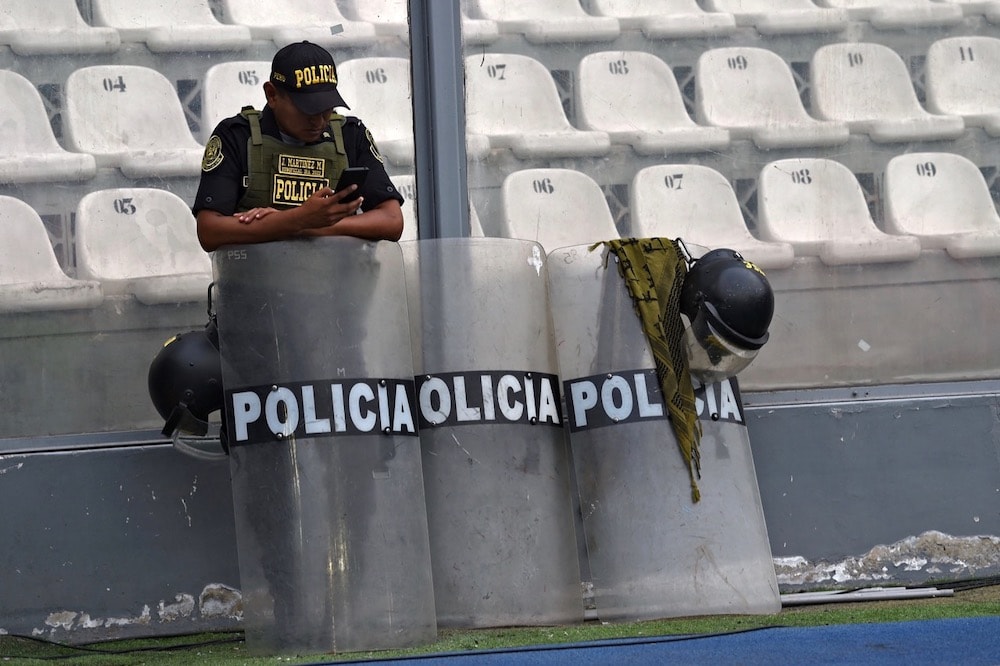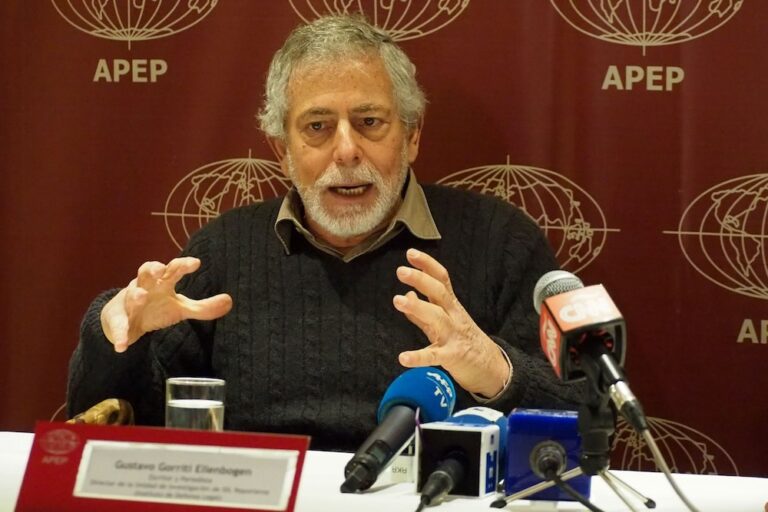The Inter American Press Association described the bill as a "dangerous step backward for press freedom and freedom of expression in the digital space."
This statement was originally published on en.sipiapa.org on 20 March 2023.
The Inter American Press Association (IAPA) described as a “dangerous step backward for press freedom and freedom of expression in the digital space,” a legal initiative in Peru that increases sentences for defamation crimes committed through the media and on social media.
Bill 2862-2022-CR, approved on March 14 in the Congressional Justice Committee, increases prison sentences for defamation and libel offenses from three to four years and fines from 30 to 90 days for media and journalists and crimes committed through social media and Internet sites.
IAPA President Michael Greenspon called the proposal a “dangerous step backward for press freedom and freedom of expression in the digital space.” Greenspon, Global Head of Licensing & Print Innovation for the New York Times, added: “We regret that Peru continues to pursue paths contrary to the international trend and Inter-American jurisprudence to decriminalize defamation offenses.”
The chairman of the IAPA’s Committee on Freedom of the Press and Information, Carlos Jornet, expressed his surprise that Peru is moving dangerously against freedom of expression in the digital space. The editor of the Argentine newspaper La Voz del Interior recalled what is stated in Article 3 of the Declaration of Salta: “Governments must not, through regulations, inhibit statements of public interest in the digital space, nor should they impose enhanced penalties based on the fact that they have been expressed in that space. Likewise, governments must not penalize criticism, information, or protests against public officials regarding matters of public interest or against individuals who voluntarily expose themselves to public scrutiny.”
The IAPA, through its Chapultepec Project, began three decades ago a campaign against the criminalization of libel and slander, crimes often invoked by politicians and public officials to silence journalistic investigations. The movement was echoed in numerous countries that decriminalized defamation offenses to favor a more significant press freedom climate. These countries include Argentina, Bermuda, Chile (partial), Dominican Republic (partial), El Salvador, Grenada, Honduras, Jamaica, Mexico, Panama, and Uruguay.
Greenspon and Jornet urged the Peruvian Congress to withdraw the bill. They recalled that the Declaration of Principles on Freedom of Expression of the Inter-American Commission on Human Rights states: “The protection of a person’s reputation should only be guaranteed through civil sanctions.” The IAPA officers insisted that in these cases, proportionality must be established in the compensation to avoid excessive amounts that could inhibit journalism and affect press freedom.
It is the second time the IAPA has shown concern for Peru in one week. A few days ago, it spoke out against a bill establishing mandatory licensing. The Inter-American Court of Human Rights in 1985 said it violated press freedom and the right to free association.



